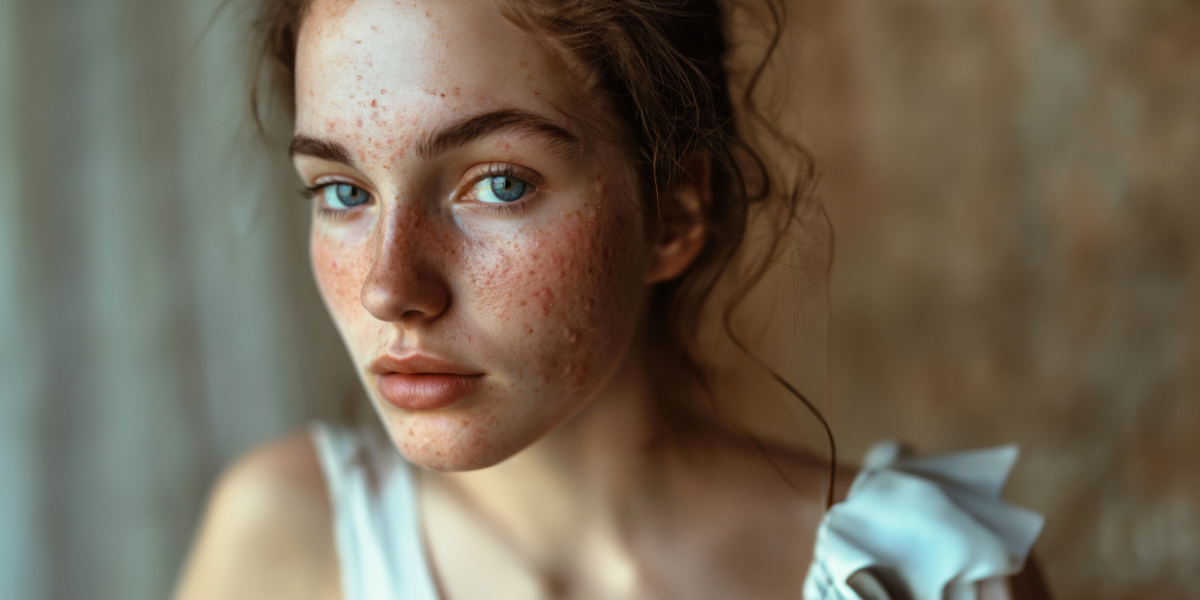What you need to know about breakouts and how to get clearer skin!
If you suffer from acne, you’ve likely faced a lot of trial and error trying to eliminate it. With numerous causes and treatments, finding the right solution can be exhausting, especially considering the emotional distress acne can bring. Understanding the root causes and the different types is essential for effective treatment, so keep reading!
Causes of Acne
Some people still believe the myth that acne is caused by poor hygiene or not washing your face, but this is not the full truth. Acne can be caused by one or a combination of the following factors: hormonal changes, genetics, diet and lifestyle, and product usage.
Hormonal changes happen during puberty, menstruation, pregnancy, and menopause. These imbalances can increase sebum production, which might clog pores and cause acne. Breakouts usually occur around the jawline and chin – a location that may be a dead giveaway for this kind of acne.
Diet and lifestyle choices can also play a role in whether or not you have acne. Consuming high-glycemic foods, dairy products and alcohol may trigger breakouts in some individuals by increasing inflammation and sebum production. Other than food and drink, poor skincare routines, high stress levels and lack of sleep can exacerbate acne by disrupting hormonal balance and skin health. Even though acne itself can feel stressful, reducing stress as much as possible is important!
Believe it or not, skin products can cause acne when they contain comedogenic ingredients that clog pores or irritate the skin. Even if your products are non-comedogenic, using products unsuitable for your specific skin type may also contribute to acne. Switching up your skincare routine too frequently may distress the skin further and trigger breakouts.
Unfortunately, individuals with a genetic history of acne may also be more likely to experience it themselves. Inherited traits can influence skin cell turnover, sebum production and inflammatory response, making some people more prone to acne.
Types of Acne
Different causes of acne show up as different types of acne, each with its own characteristics and annoyances.
Comedonal acne is a type of acne that causes small bumps on the skin called comedones. These are pores or hair follicles that get clogged by oil, dead skin cells, and bacteria. They can be flesh-colored, white, or darker, and often have a solid core in the middle.
Inflammatory acne is the kind that people often want to pick at and pop due to its swollen nature, but this can result in scarring if not properly treated. Characterized by enlarged red bumps on the skin, such as papules and pustules, it’s caused by inflammation and bacteria within the pores.
Lastly, nodulocystic acne is a severe form of acne characterized by large, painful nodules and cysts that form deep within the skin. This type of acne can lead to significant scarring and requires prompt medical treatment, often involving prescription medications or procedures performed by a dermatologist.
Treatment Options
There are numerous treatment plans for the different types and causes of acne. A dermatologist might recommend one or a combination of the following treatments.
- Skincare: There are amazing ingredients that you can find in OTC skincare products that reduce acne when included in your routine. These include benzoyl peroxide, salicylic acid, alpha hydroxy acids (AHAs), sulfur and retinoids. It’s important to listen to your dermatologist’s recommendations as to how often to use these products because over-use of active ingredients can have an adverse effect on your skin and cause inflammation (read: more acne).
- Prescription medications: Some types of persistent acne may require a prescription medication to eradicate breakouts. These can include topical retinoids, antibiotics, anti-androgen agents (like Spironolactone), and in very persistent cases, Oral Isotretinoin (“Accutane”).
- Professional treatments: Certain forms of acne can be treated in your dermatologist’s office through a handful of professional treatments. Some that we recommend at DLVSC are chemical peels, light and laser therapy, microneedling, extraction and steroid injections.
—
“Acne can be distressing but it doesn’t need to be with all of the great interventions we currently have. Seek care early to minimize long-term consequences,” Dr. Kosari shares. If acne is something you struggle with, make an appointment with our experts at DLVSC today!

